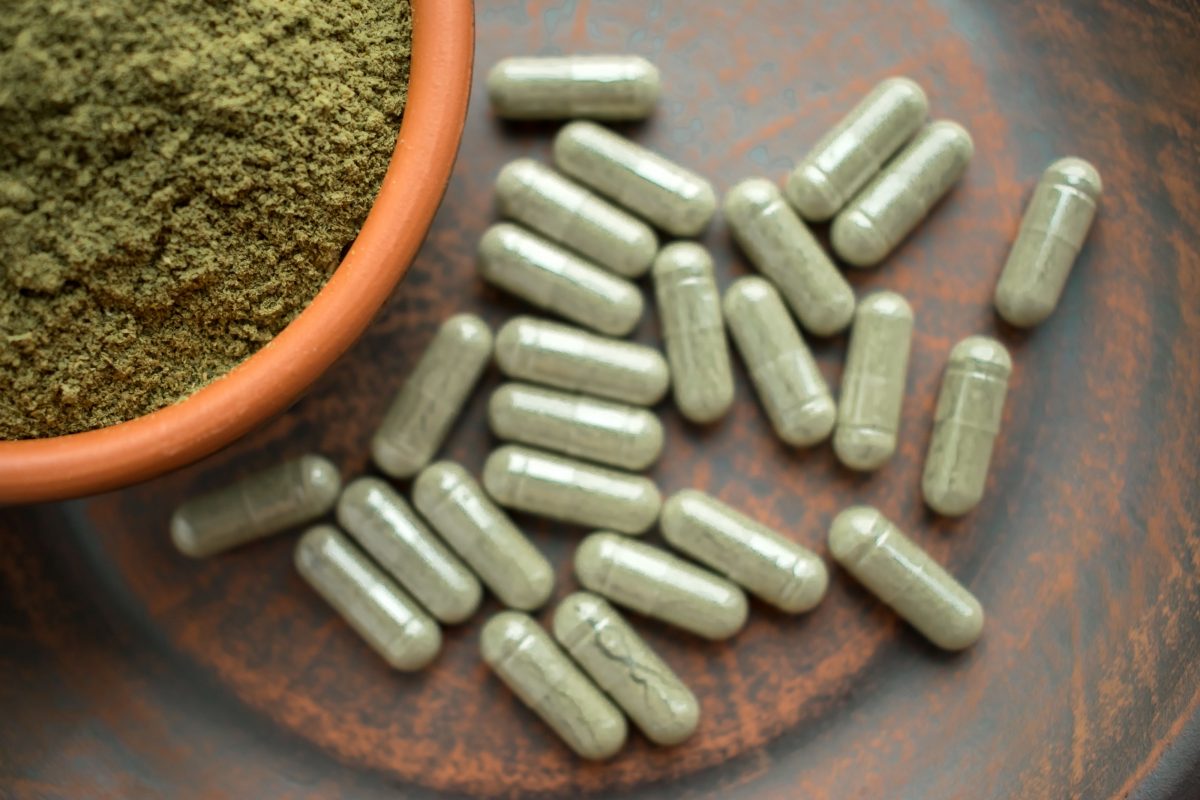Last week the FDA issued a statement continuing to warn consumers not to use products containing kratom. FDA Commissioner Dr. Scott Gottlieb stated “[d]espite our warnings that no kratom product is safe, we continue to find companies selling kratom and doing so with deceptive medical claims for which there’s no reliable scientific proof to support their use.” A major concern for the agency is that sellers continue to make claims that kratom can cure opioid addiction. Gottlieb noted that “we cannot allow unscrupulous vendors to take advantage of consumers by selling products with [these] unsubstantiated claims.”
As part of their crackdown on kratom, the FDA issued Warning Letters to three marketers and distributors — Front Range Kratom of Aurora, Colo., Kratom Spot of Irvine, Calif., and Revibe Inc. of Kansas City, Mo. The letters referenced more than 65 kratom products, including Maeng Da Red Vein Powder, Red Thai Kratom Powder, 50X Black Diamond Extract, Super Elephant, White Sumatra and Borneo White Vein Kratom Powder.
As we mentioned in an earlier article, the FDA issued a health advisory that warned consumers not to use the botanical substance kratom, which the agency said “affects the same opioid brain receptors as morphine” and “appears to have properties that expose users to the risks of addiction, abuse and dependence.”
Mitragyna speciosa, commonly known as kratom, is listed as a controlled substance in 16 countries. Two of those countries, Thailand and Malaysia, are among kratom’s native countries of origin. In addition, six states — Alabama, Arkansas, Indiana, Tennessee, Vermont and Wisconsin — have banned the substance; several more have legislation pending.
Morsel Law is actively investigating businesses involved in the sale, manufacturing and distribution of kratom in order to seek justice for were unjustly deceived and mislead. If you relied on false and misleading health claims about the benefits of kratom, you should contact our law firm. You may be entitled to compensation by filing a lawsuit and our attorneys can help!

